

CWIS publishes major research on the effects of elevated CO2 on traditional foods and medicines and nutritional and health outcomes for Nuxalk Nation, Bhil, Igbo.
CWIS commences a two-year study of the effects of elevated CO2 and other greenhouse gases on traditional plant-based and animal-based foods and medicines used by Fourth World communities.

CWIS leads the Quinault Tribal Delegation to the 15th Conference of Parties of the UN Framework Convention on Climate Change in Poznan, Poland.
Facilitated Quinault Nation participation in the ICCFA Conference of Parties Session 14 in Poznan, Poland and two side events at the Conference.
Conducts the Fourth World Atlas Project involving research for a series of maps, depicting Indigenous nations, cultural regions, eco-systems, border disputes, and environmental degradation; and “Exploration & Exploitation”.
Published a wall map (Indigenous Nations 1500) for use in the school grades 3-12 used in schools around the United States. The map depicts the sites and original names of more than 3,900 American Indian communities in the geographic bounds of the United States before 1500 AD.
The Center for Traditional Medicine (CTN) creates a webpage to provide free resources on diabetes and a video for the Nutrients for Natives Program(NNP). In addition, CTN develops an online auction site to raise donations for NNP.
CWIS conducts Global Fourth World COVID-19 Risk Assessment research and produces the COVID-19 Indian Country Risk Assessment.
CWIS produces a meta-analysis on the effects of CO2 on the nutritional quality of traditional indigenous peoples’ foods and medicines.
The Center for Traditional Medicine develops a comprehensive diabetes prevention and treatment resource webpage including courses in English and Spanish.
1. CTM publishes three books on health and nutrition in English and Spanish.
2. CTM receives the Medical Massage Grant to support training four local practitioners that serve indigenous men and women.
3. CTM develops and designs an interactive course on Diabetes Type 2.
4. CTM compiles and designs publications from western Mexico to interactive website.
Together with Intercontinental Cry Magazine and with the support of INCOMINDIOS in Geneva, Switzerland, CWIS publishes four investigative reports.
“Trump is Trying to Revive the Yucca Mountain Nuclear Waste Site” written by Derick Broze; “Resisting the Border Wall” written by Gret Bleir; “For the Achuar, Life Comes before Oil” written by Segundo Chuquipiondo (Shawi) from Peru; and “Mapuche Motherhood in the Age of Benetton,” written by Moira Millán in Argentina.
CWIS publishes its Tribal Food Sovereignty Findings.
Two peer reviewed articles; “Salish Medicinal Plants for the Prevention and Treatment of Diabetes Type 2” and “Heritage Food Security in a Changing Climate.”
Presents at Mayo Clinic, “Changing Patterns in Native Communities,” and on Traditional Medicine and Diabetes. Seattle, WA.
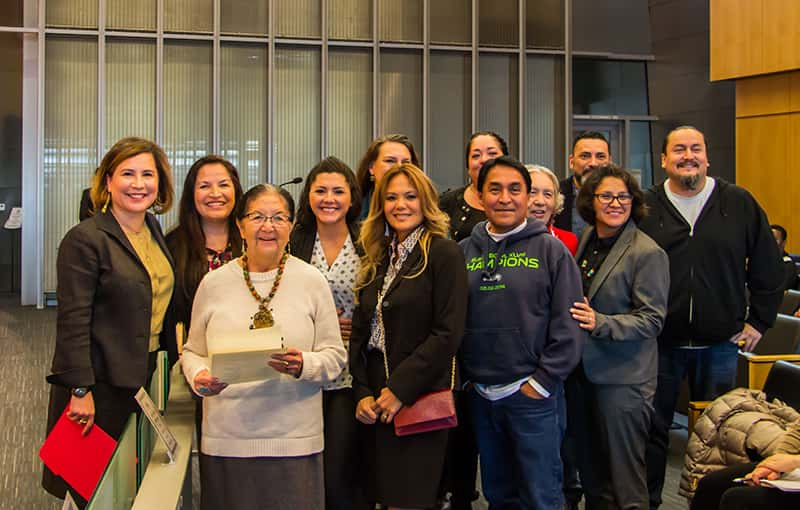
Leads Tribal/State/Area Agency on Aging negotiations on enactment of Federal caregiver policy.
Changes to policies to benefit tribal elders undertaking Medicare benefits assessments at state, tribal and federal levels.
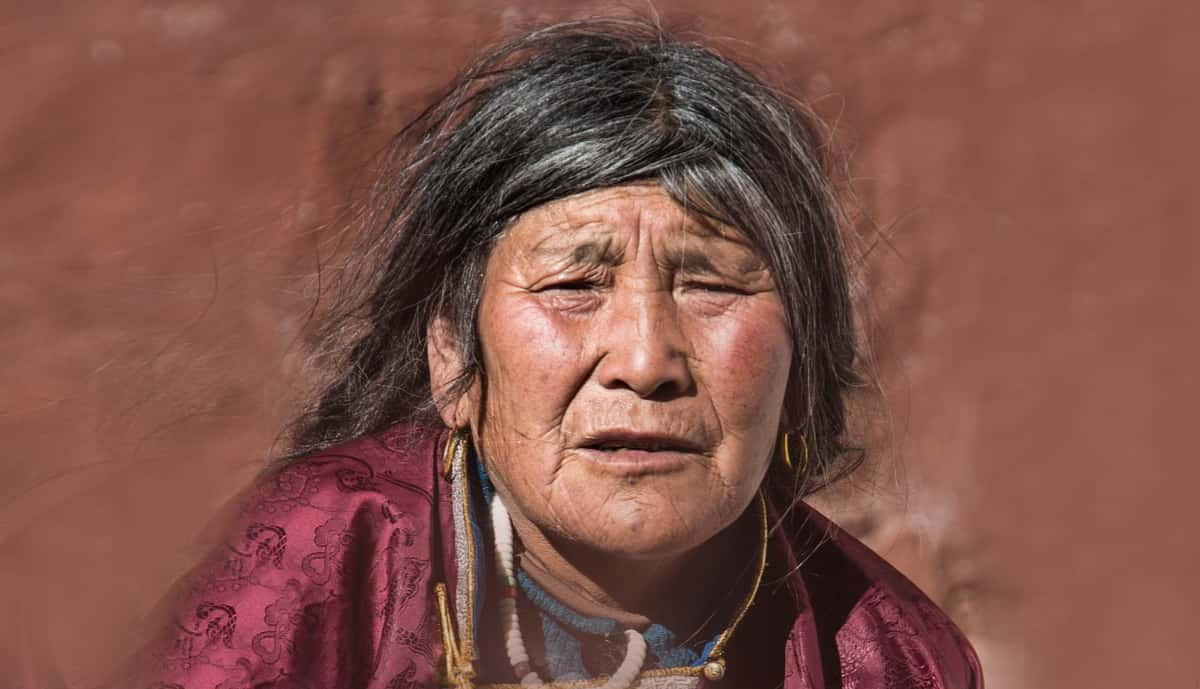
CWIS establishes partnership with First Nations Experience (FNX) to distribute CWIS video segments and programs focused on the COVID-19 pandemic risks to tribal communities and urban Indian communities in the United States.
CWIS research and education team produces and posts new online courses.
Exploring Intelligence from an Indigenous Perspective Course
Preventing and Treating Diabetes, Naturally Course
Native Women’s Activism Course
Environmental Justice in Indian Country Course
Celebrates 25 years of indigenous education providing Certificate and Master’s Degrees.
The CWIS 2 year Certificate and Master’s program enabled over twenty-five graduate students to obtain self designed certificates and Masters degrees in the fields Fourth World Studies, Negotiations, Traditional Medicine, Consciousness Studies and over 500 interns.
Publishes “Cultural Connections, A Teacher’s Guide for cross-cultural education (K-12)” and distributed to schools in the United States, Canada and Australia.
Elementary and Secondary schools in three English Speaking Countries used the guide to enhance learning among youth about indigenous peoples in their localities.
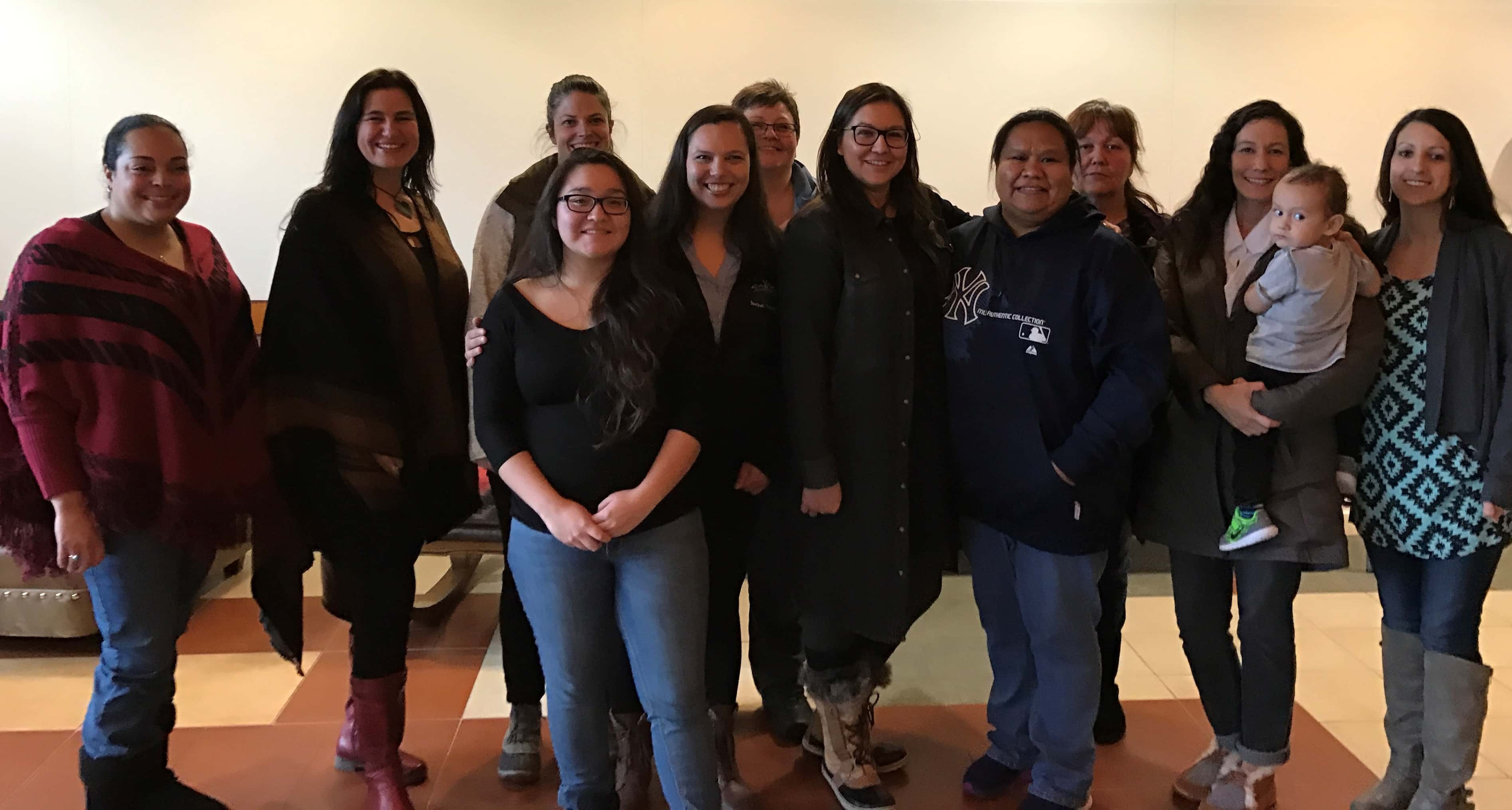
CWIS begin bilateral talks and negotiations between US Department of State/Indian Intergovernmental negotiations between the Quinault Indian Nation government and the US Department of State.
The Quinault President entered into direct talks and then negotiations with the US Department of to formalize the US President’s policy of conducting relations between Executive Agencies and Indian governments consistent with the principle of government-to-government relations that resulted in the US Department of State breaking off negotiations without explanation after three months of negotiations.
CWIS establishes Tribal Model Legislation to regulate use and access to traditional foods and medicines. CWIS works with the Colville Confederated Tribes as a primary partner for this initiative and eleven other tribes in the US as principal participants.
CWIS collaboratively drafts language as guidelines for the United States Department of Interior’s Intertribal Task Force on Climate Change for Interior responsibilities in relations with tribal governments.
Co-drafts language incorporated into US President Barack Obama’s Executive Order on Federal Agency Consultation with tribal governments.
Drafts the “Tribal White Paper on Climate Change Adaptation and Mitigation for inclusion in White House Policy on Climate change in relation to Indian communities”.
Provides (Indigenous peoples’ language) for US House Bill 2454, the American Clean Energy and Security Act of 2009.

Presents “Reflections on Treaties, Indian Law, and Tribal Sovereignty,” Constitutional Sovereignty Summit, Washington, D.C.
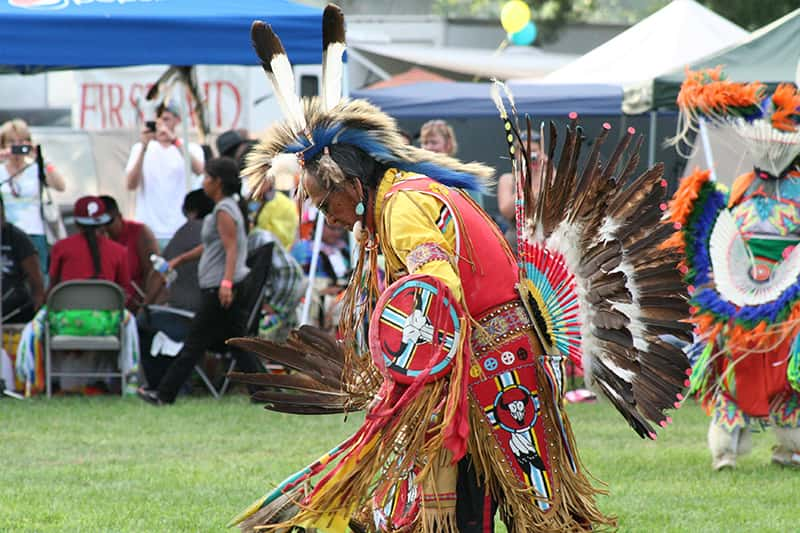
Drafts language for the Tribal Self-Governance Planning section of the US Congress Appropriations Act, 1981 – 1988.
CWIS facilitated the organization of US/Tribal leaders’ talks to establish a framework (Appointment of a special US government negotiator) to negotiate Self-Governance Compacts between the US government and each of more than 560 tribal governments resulting in more than $2 billion USD in education, health, government services and economic services.
Drafts Government-to-government policy and practices, Environmental Protection Agency, 1986.
The Environmental Protection Agency adopted the “EPA Policy for the Administration of Environmental Programs on Indian Reservations” (WSG-73) including the language: “to give special consideration to Tribal interest in making Agency policy, and to insure the close involvement of Tribal Governments in making decisions …”
Drafts Government-to-government Indian Policy for President Ronald Reagan.
CWIS language was incorporated into the Presidential American Indian policy statement, “which reaffirmed the government-to-government relationship of Indian tribes with the United States; expressed the primary role of tribal governments in reservation affairs”.
Drafts Federal Acknowledgment Regulations – Bureau of Indian Affairs.
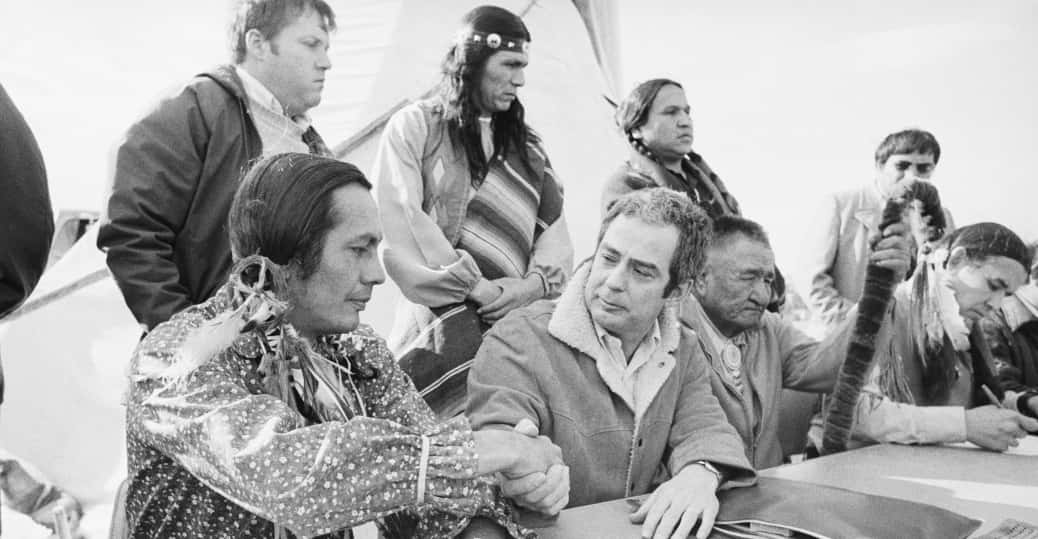
Drafted Indian Self-Determination and Education Assistance Act.

Sixteen short video clips were created and shared on the CWIS website, featuring both Indigenous and non-Indigenous activist scholars. These individuals recount personal and political stories from their involvement in the Indigenous self-determination movement over the past 50 years. The clips center on the theme of identity and work, delving into how personal identity and lived experiences serve as a driving force, or “fuel,” for their missions and commitments to the movement.
The video clips are now available here: https://www.youtube.com/watch?v=P2CH2DGGYJ0.
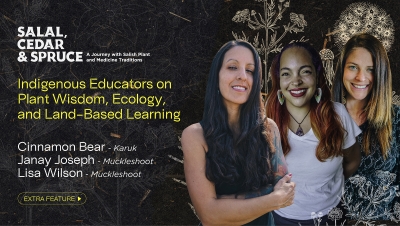
The Center for Traditional Medicine(CTM) facilitates a workshop based on the Native Roots course at the International Union for Conservation of Nature’s Global Youth Summit.